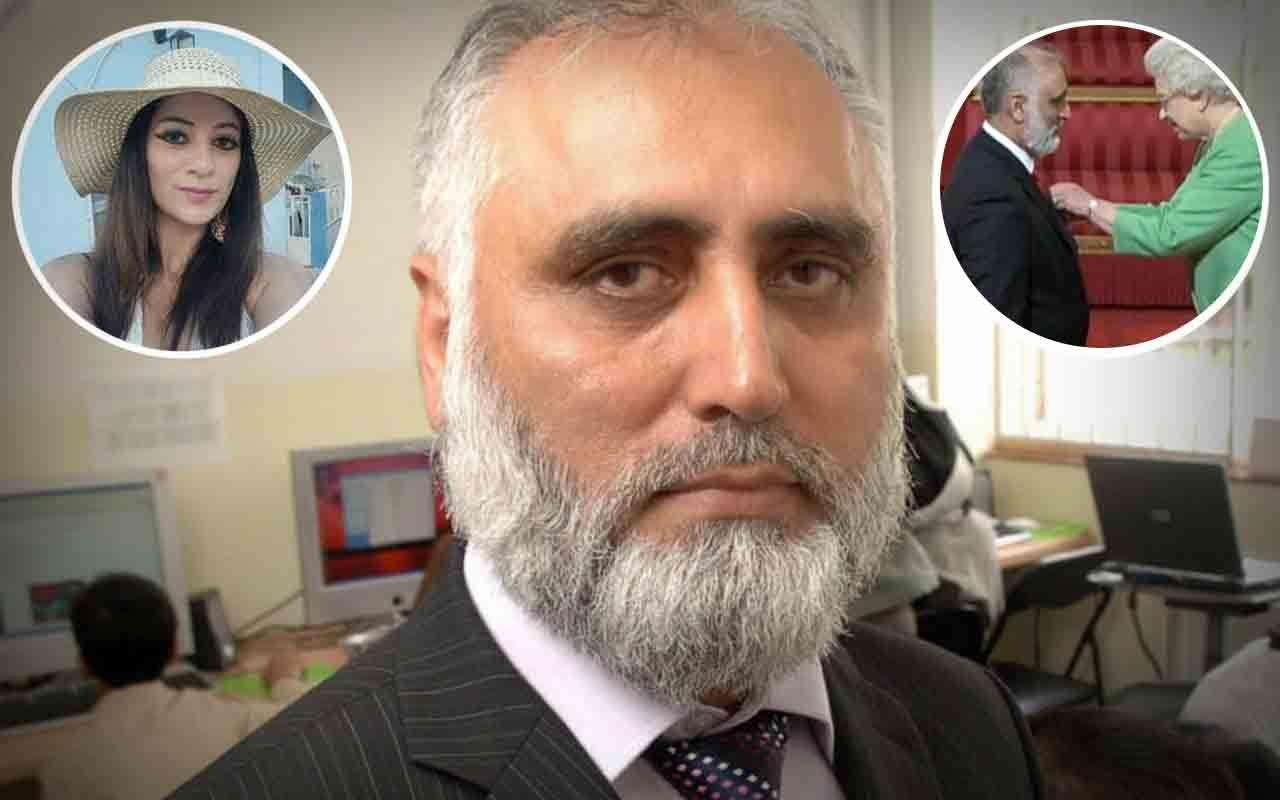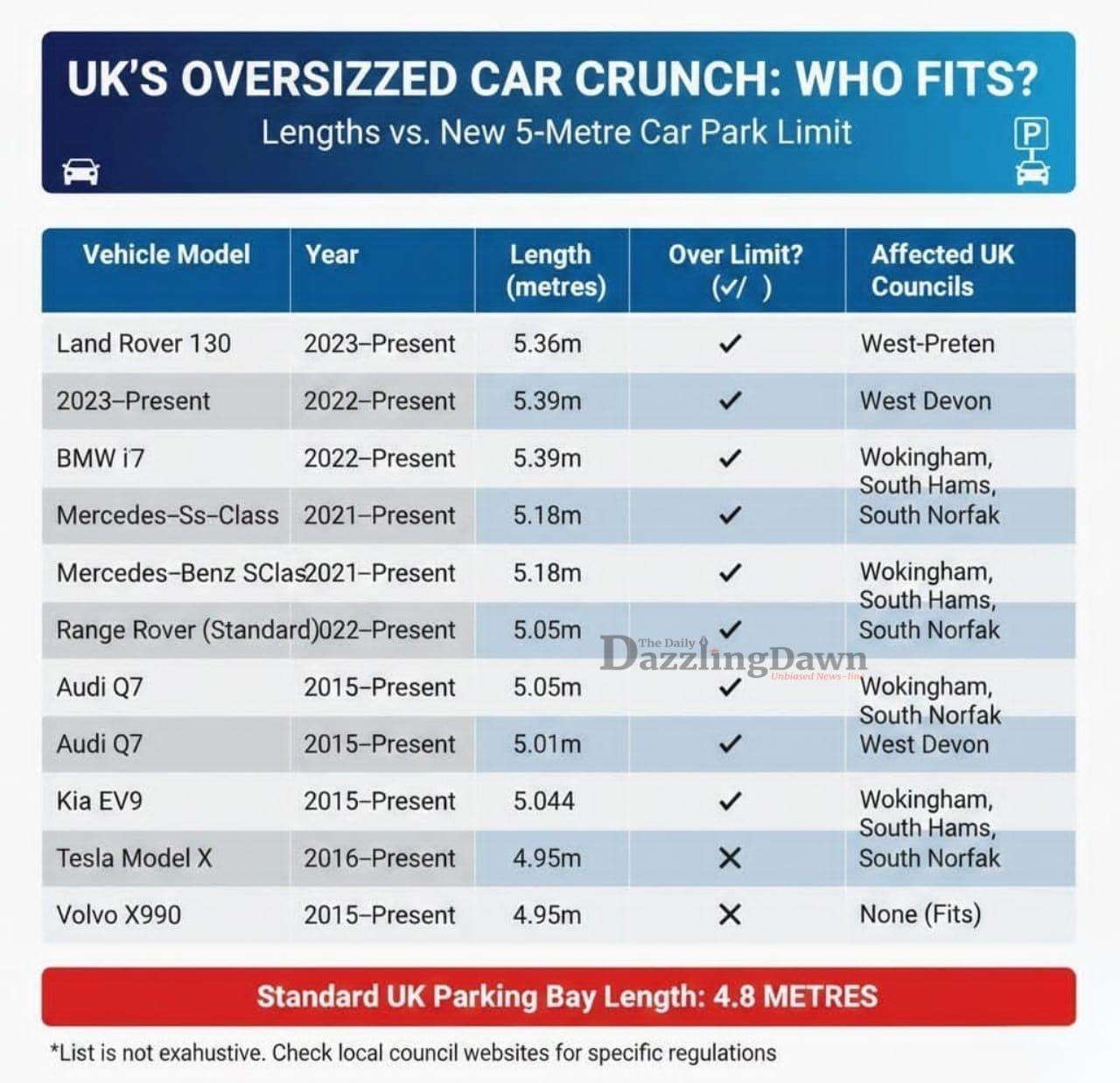The battle between the motorist and City Hall has escalated dramatically, as London's Mayor, Sadiq Khan, confirms a significant 20 per cent hike to the capital’s Congestion Charge, raising the daily fee from £15 to £18 starting January 2, 2026.
In an even more controversial move, the Mayor has declared the Cleaner Vehicle Discount (CVD), which currently grants a 100 per cent exemption to electric vehicles (EVs), will be significantly curtailed.
From the January 2026 launch, electric car drivers will now face a daily fee, receiving only a 25 per cent discount on the new £18 charge, translating to a daily payment of £13.50. Electric vans and lorries fare slightly better with a 50 per cent discount, paying £9. This initial discount structure is temporary, with plans for a further reduction in incentives by March 4, 2030, bringing the discount for cars down to a mere 12.5 per cent (£15.75 daily) and 25 per cent for vans and lorries (£13.50 daily). This means that EV owners must now register for Transport for London's (TfL) Auto Pay system to qualify for the reduced rate.
Khan defended the policy shift, arguing that it is essential to keep the scheme 'fit for purpose' as the rapid uptake of EVs—which have risen six-fold since 2019—threatens to undermine the charge's core mission of tackling traffic. TfL estimates that without this intervention, an additional 2,200 vehicles would enter the Congestion Charging Zone on an average weekday next year.
Critics, however, are lambasting the decision as a massive 'backward step,' warning it will not only drive up the cost of motoring but also deter consumers and businesses from making the critical switch to electric vehicles. Motoring bodies like the AA have urged the Mayor to reverse the decision, stating that the penalty on cleaner vehicles risks worsening air quality and slowing down the transition to zero-emission transport.
The Taxi Dilemma: A Crushing Blow for Private Hire Drivers
The escalating cost is particularly acute for London's professional drivers, especially those operating Private Hire Vehicles (PHVs)—minicabs and ride-share cars.
While London's iconic licensed Black Taxis remain exempt from the Congestion Charge, PHVs lost their exemption back in April 2019 and must pay the full daily fee. For a driver working five or six days a week, the £18 charge will impose an annual operating cost of nearly £4,700 to £5,600. This staggering figure comes on top of the separate Ultra Low Emission Zone (ULEZ) charge of £12.50 daily for non-compliant vehicles, which covers a much larger area of Greater London.
The new charge will disproportionately impact PHV drivers who often operate on already slim margins. Campaign groups have previously argued that the Congestion Charge on PHVs acts as a 'tax on the poor,' given that a significant percentage of drivers are from designated deprived communities. This financial pressure is typically passed on to the consumer, leading to higher fares for rides in central London and potentially forcing drivers to seek employment elsewhere, further tightening the supply of services. PHV drivers who already made the expensive transition to electric vehicles to maintain their competitive edge are now facing a double blow: the initial investment cost coupled with the loss of their daily exemption.
The Horizon of Road Taxes: Looming National Charges
The increased London charge is set against a backdrop of wider national tax reforms currently being considered by the central government. With the move to electric vehicles eroding traditional Fuel Duty revenue, there are strong indications that the Chancellor, Rachel Reeves, is considering a fundamental overhaul of road taxation.
Reports suggest that the government is actively planning a new 'pay-per-mile' road tax for EV drivers, which could be announced as early as the November 26 Budget. This proposal, sometimes dubbed 'VED+,' is expected to charge drivers approximately 3 pence per mile traveled, potentially adding hundreds of pounds to the annual cost of motoring for EV owners from around 2028. This potential national charge, combined with London’s rising local charges, signals a comprehensive shift away from incentivising the switch to electric and towards treating all road use as a taxable utility.
In addition to the immediate Congestion Charge changes, TfL is also introducing a new administrative procedure allowing for routine annual increases to the Congestion Charge, tying it to Tube fare rises or inflation plus one per cent, bypassing the need for frequent public consultations for smaller, inflationary adjustments.







.jpg)
.svg)



.jpg)